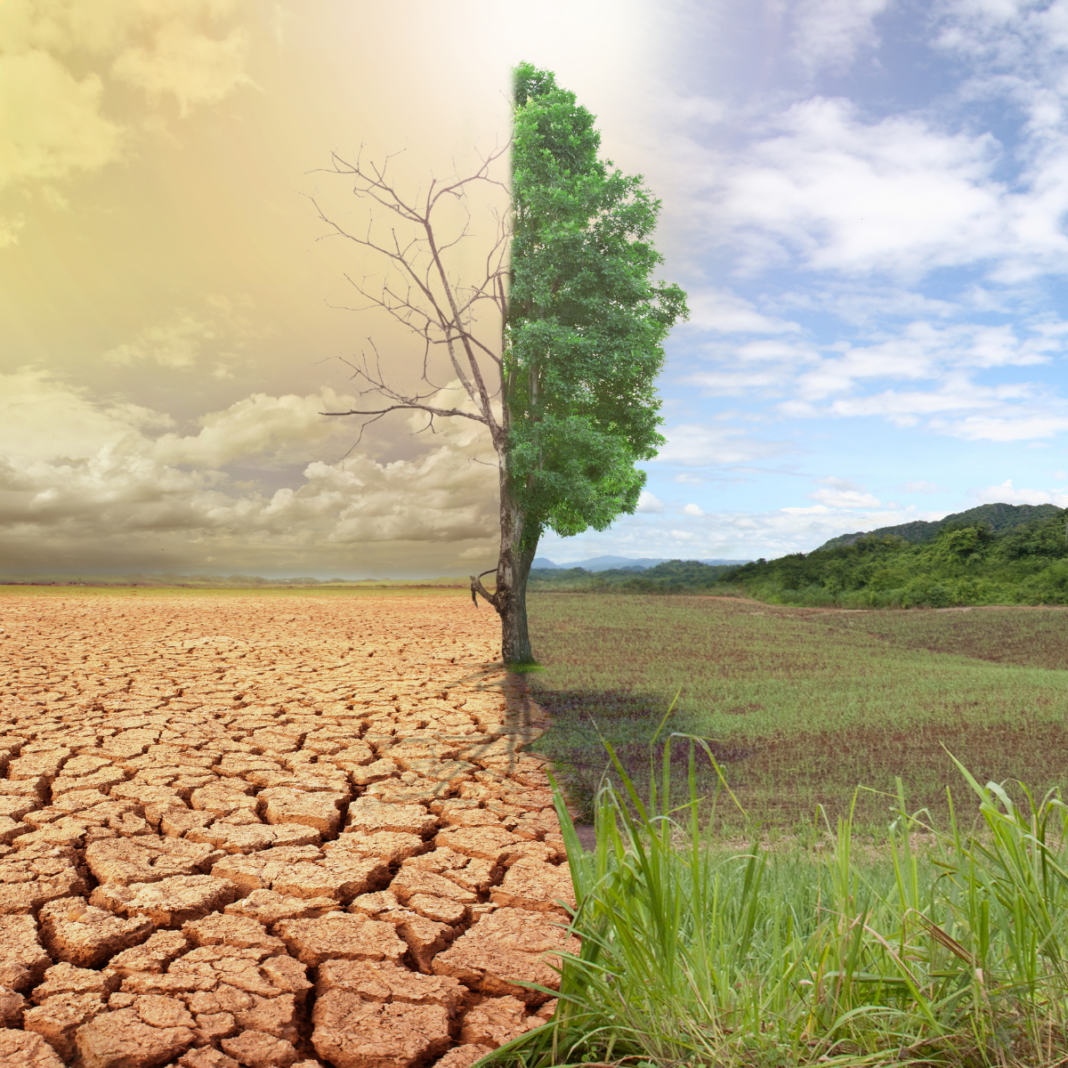Climate change is a major global challenge that has the potential to create new geopolitical alliances and rivalries. As the impacts of this change become more severe and widespread, countries may form new alliances or compete for resources in order to address the issue. This article will explore the potential for climate change to create new geopolitical alliances and rivalries and will discuss the implications for global governance and international cooperation.
The Role of Climate Change in Exacerbating Global Conflict and Security Threats
Climate change is increasingly recognized as a major factor in exacerbating global conflict and security threats. As the impacts of this change become more severe and widespread, they can undermine the livelihoods of people in vulnerable regions, create competition over scarce resources, and contribute to political instability and social unrest. In some cases, this can even lead to violent conflict.
One of the main ways that climate change exacerbates global conflict and security threats is by undermining the livelihoods of people in vulnerable regions. For example, rising sea levels and more frequent extreme weather events can destroy crops, contaminate water supplies, and damage infrastructure. This can lead to food and water shortages, economic disruption, and an increased risk of disease.
As people’s livelihoods are threatened, they may be forced to migrate to other areas in search of resources and opportunities. This can lead to competition over scarce resources, as well as social and political tension. In some cases, it may even lead to violent conflict.
In addition to undermining livelihoods, climate change can also exacerbate existing political and social tensions in vulnerable regions. For example, in regions where there are already conflicts over access to resources or political power, climate change can act as a “trigger” that pushes these conflicts to the boiling point.
Overall, the role of this change in exacerbating global conflict and security threats is a serious concern. In order to address this issue, it will be necessary to tackle the underlying causes of fragility in vulnerable regions, as well as the impacts of climate change itself. This will require a coordinated and comprehensive approach that addresses both the short-term and long-term effects of climate change.
The Impact of Climate Change on International Cooperation and Global Governance
Climate change is having a major impact on international cooperation and global governance. As the impacts of this change become more severe and widespread, many countries are recognizing the need for collective action to address the issue, and this is leading to new forms of international cooperation and global governance.
One of the main ways that climate change is affecting international cooperation and global governance is by creating new challenges and opportunities for international cooperation. For example, many countries are now working together to develop and implement international agreements and frameworks that aim to reduce greenhouse gas emissions and limit the rise in global temperatures. These agreements and frameworks are helping to coordinate efforts among countries, and they are creating new opportunities for international cooperation.
In addition, this change is also creating new challenges for global governance. As the impacts of climate change become more severe, many countries are facing new and complex challenges that require coordinated and cooperative action. For example, the rise in sea levels is creating new risks for coastal regions, and this requires new forms of global governance to manage these risks.
Overall, the impact of climate change on international cooperation and global governance is likely to grow in importance in the coming years. As the impacts of climate change become more severe and more widespread, many countries will need to work together to address the issue, and this will require new forms of international cooperation and global governance.
The Potential for Climate Change to Create New Geopolitical Alliances and Rivalries
Climate change has the potential to create new geopolitical alliances and rivalries. As the impacts of this change become more severe and widespread, many countries are recognizing the need for collective action to address the issue, and this is leading to new forms of international cooperation and competition.
One of the main ways that this change is creating new geopolitical alliances is by fostering cooperation among countries that share common interests or face common challenges. For example, many countries are now working together to develop and implement international agreements and frameworks that aim to reduce greenhouse gas emissions and limit the rise in global temperatures. These efforts are creating new opportunities for international cooperation and coordination.
In addition, climate change is also creating new geopolitical rivalries as countries compete for access to resources and seek to protect their interests. For example, as the availability of water and other natural resources becomes increasingly constrained, countries may compete for access to these resources, leading to new forms of geopolitical competition.
Overall, the potential for this change to create new geopolitical alliances and rivalries is a significant concern. In order to address this issue, it will be necessary to foster international cooperation and dialogue and to find ways to manage and resolve conflicts peacefully and sustainably. This will require a combination of political will, diplomatic skills, and a commitment to international cooperation.
Conclusion
In conclusion, climate change has the potential to create new geopolitical alliances and rivalries. As countries face the impacts of climate change, they may form new alliances or compete for resources in order to address the issue. This has implications for global governance and international cooperation and will require careful attention and management in the coming years. In order to effectively address the challenges posed by climate change, it will be necessary to develop and implement effective international agreements and frameworks that can promote cooperation and address the underlying causes of fragility and conflict. This will require a coordinated and comprehensive approach that takes into account the complex and evolving nature of the issue.





